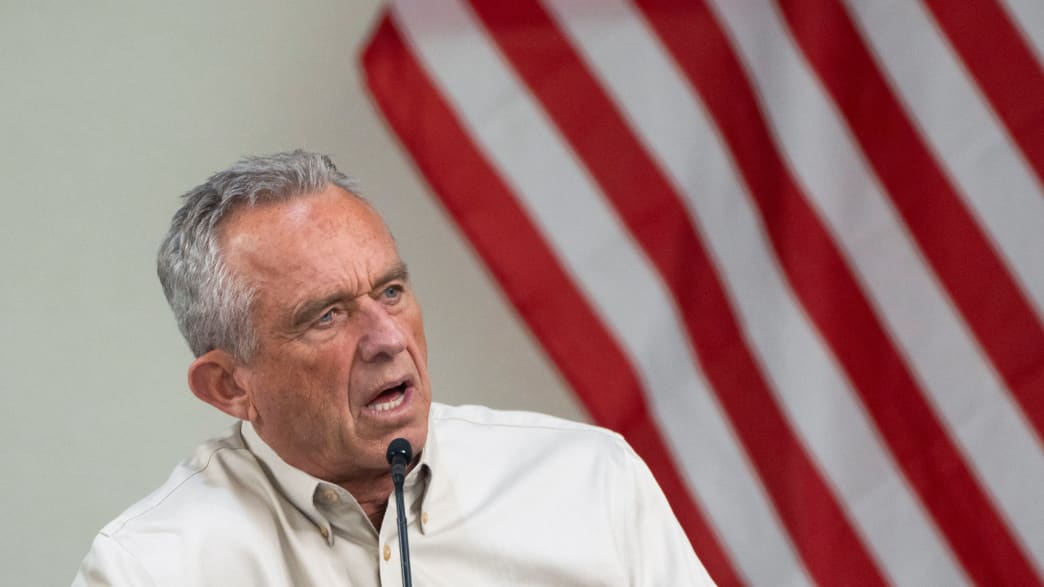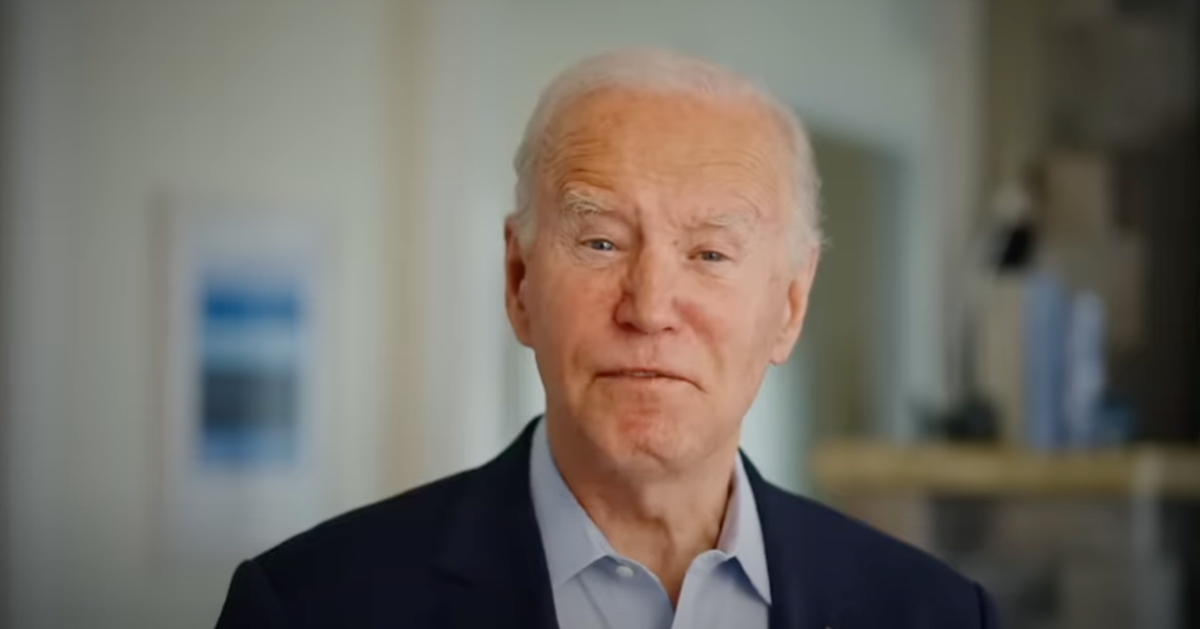NYT Expert Acknowledges Seriousness Of Harris Book Allegations
Recent scrutiny has unearthed allegations of plagiarism against Vice President Kamala Harris concerning her 2009 book "Smart on Crime," raising questions about how serious the situation is. Jonathan Bailey, a consultant for the New York Times on matters of plagiarism, recently revised his initial evaluation of the allegations.
Initially dismissed by the New York Times, the allegations have gained traction following revelations from other sources, Breitbart reported.
The New York Times initially referred to the plagiarism issues in Harris's book as minor. However, Bailey recently highlighted the issue is more concerning than his original statement suggested. This comes after new evidence was presented, contradicting the initial downplayed interpretations.
Expert Changes View Following New Evidence
Bailey reviewed a more comprehensive dossier detailing the allegations. This new information prompted him to convey an updated viewpoint in his Plagiarism Today article. Additional scrutiny revealed that Harris’s book contained several passages resembling text from widely recognized sources, specifically Wikipedia and the Associated Press.
The article Bailey reviewed contained approximately 29 allegations of improper sourcing. Eighteen of these accusations pertain directly to the book, while the remaining allegations involve claims of self-plagiarism. Bailey attempted to mitigate Harris's culpability by suggesting the issues were more indicative of careless writing practices and not intentional deception.
Initial Reports Spark Widespread Discussion
Initially, Bailey expressed understanding of how the writing habits were problematic but ultimately noted that they did not amount to overt fraudulent behavior. He emphasized finding a balance between both extremes of the ongoing debate. Bailey also expressed his intention to dismiss allegations related to self-plagiarism, citing the repetitive nature of political communication.
On the other hand, the revelations brought forth by conservative journalist Christopher Rufo, based on research conducted by Dr. Stefan Weber, put the spotlight squarely on potential misconduct. Despite the allegations, major media figures have yet to address these matters with Vice President Harris directly.
Media Coverage Brings Issue To Forefront
Bailey explained the pattern pointed more towards unrefined writing techniques rather than an intention to deceive. "While there are problems with this work, the pattern points to sloppy writing habits, not a malicious intent to defraud," Bailey stated in elucidating his revised perspective on the matter.
Meanwhile, Harris's campaign was quick to counter these growing media claims. Campaign spokesman James Singer criticized the portrayal of the allegations as an act of desperation by opponents striving to undermine Harris's rising bipartisan support.
Harris Campaign Dismisses Allegations
Singer characterized the actions as an attempt by right-wing operatives to shift attention away from pressing political narratives. He stated that the opposition feels threatened by the coalition of support around Vice President Harris as former President Trump retreats into a more insular conservative sphere.
As these developments unfold, the debate over the seriousness of the allegations continues to capture public interest. Each side of the debate presents contrasting views about what the allegations entail and their implications.
While Bailey's shift in opinion reflects the complexity of the situation, many find his acknowledgment of the allegations' seriousness a critical aspect of the ongoing discussion. Moving forward, the impact of these allegations on Harris’s political career remains to be seen.
Future Implications Remain Unclear
The discourse around these plagiarism accusations may have broader implications for both Harris's political standing and the standards expected of public figures. This story highlights the delicate balance of attributing responsibility while understanding the nuances involved in political writing.
The evolving conversation around these allegations illustrates how media narratives can change as new evidence is presented. The eventual outcome of this dispute might influence future discussions on integrity and accountability in publishing, particularly for those holding public office.
As the story develops, further insights may emerge, leading to more clarifications or complications in the narrative. Until experts reach more definitive conclusions, the dialogue surrounding plagiarism in political publications continues to be a poignant issue in public discourse.






